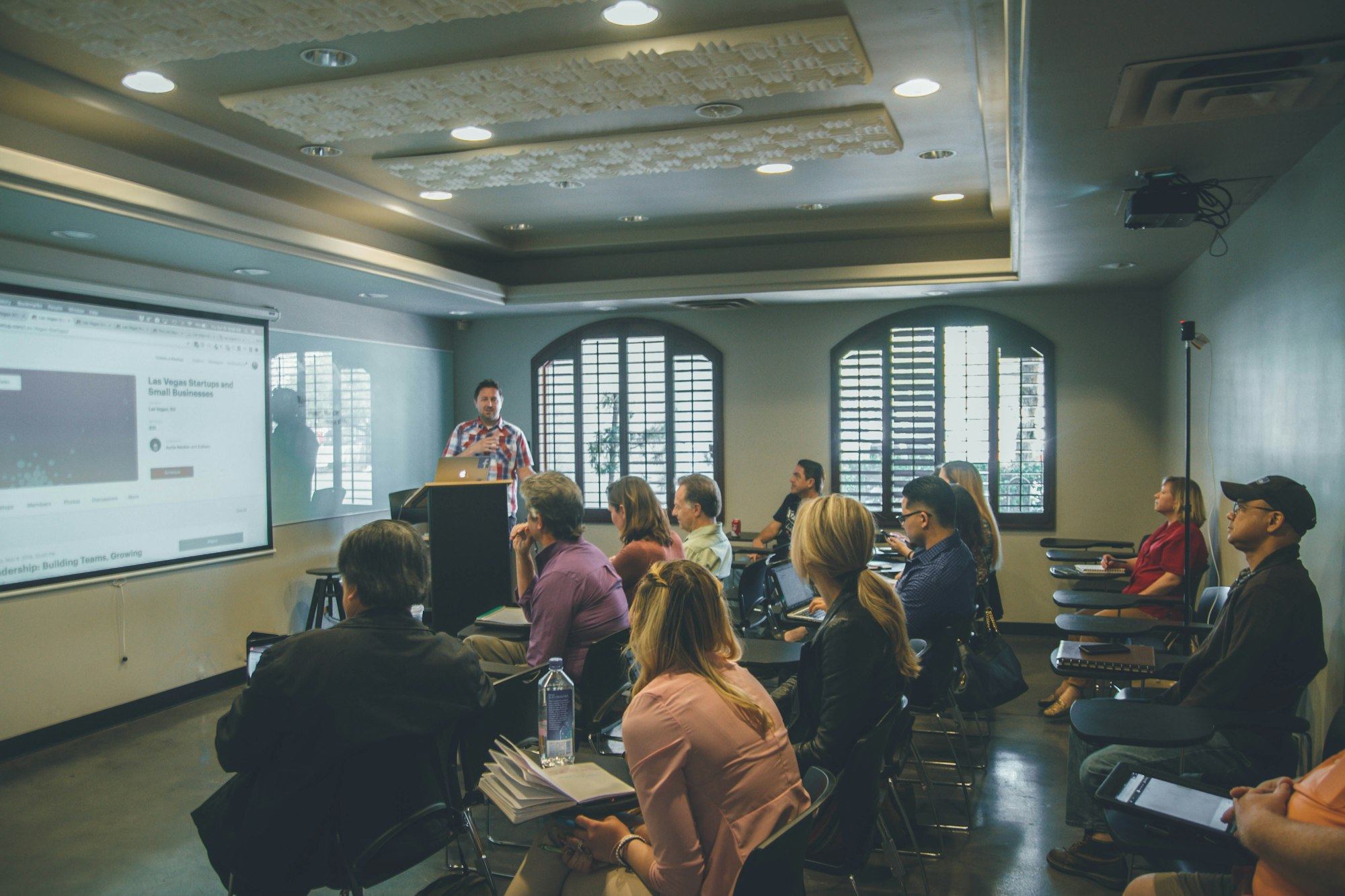Saw the following in Harvard Business Review Jan/Feb 2020 issue, titled "The Transformer CLO". Here is the article if you are interested.
"One priority, for instance, is to get people more comfortable using data in decision-making. Data-driven thinking is key for almost everyone in an organization but in different ways. Frontline sales and service reps need to be aware of information about customer preferences and behaviors. Executives must learn to trust and value data even when it contradicts their past experiences and gut feelings."
Through my years of conducting Data Science training, I have started to see some transformation. At the start of my training career, people are asking,
Why is data so important?
To
I have collected TONS OF DATA given digitalization, in fact there is so much data I have no idea where to start tapping on it?
People have moved from trying to understand what value the data can provide to how to start tapping value from it. This is a welcome transformation, in my opinion.
Misconception: Learning stops at learning
In this Knowledge Economy, it is not enough to learn a skill or pick up theoretical knowledge by going to a course or school anymore. Learning or certification only determines if someone has the skills and knowledge to perform in the designated capacity. However, businesses are demanding that employees be able to APPLY what they have learned into their job.
Going to courses only completes the first phase of learning. Learning to apply is the next phase. Unfortunately, the common comments I gathered is,"
Koo, I understand what you taught but it is still very difficult for me to apply what you have taught into my work (i.e. it is difficult for me to draw the relevant relationship to solve a problem).
The biggest misconception is that employers think that after courses, employees are ready to apply what they have learned. This is not the case anymore. Each data science project is unique. Each has its data collection and data quality challenges, business requirement challenges, etc. The learning curve is very steep moving from theoretical knowledge to business application. Each Data Science project has a huge risk of failure given the many steps to take. Experience counts a lot in being aware of where the pitfalls are.
That is why I strongly recommend that the company engage someone experienced to mentor the teams. Mentoring will go a long way in creating a sustainable effort to tap value from data, to help trainees draw relationships from what they have learned to the business application. The mentoring can be a full-time role from the looks of it, in order to propagate data-driven decision culture through the organization but I do not recommend it because most data scientists that I come across, they do not want to be a theorist. They want to get their hands dirty! One possible solution is to engage someone external to do the mentoring instead.
Through the mentoring the following advantages are gained:
1) Employees are not stuck at drawing the relationship between what is learned to their actual data science challenge (i.e. training cost is not wasted)
2) Employees start to see the benefits (and challenges) on working with their own data. (i.e. internalize the training knowledge)
3) Challenges are not overwhelming because there is someone experienced to guide, to share how the challenges can be overcome. Internalizing the thought process on how to solve business challenges with data.
Conclusion
My opinion is that every organization that is serious about getting value from their data, should hire a data science mentor, someone who has a lot of experience in the industry, who has better awareness on the pitfalls (compared to fresh graduates). The data science mentor can then design and execute the roadmap for your organization to tap onto data continuously.
The days of sending staff for training and expect them to be functional is not enough anymore, even with customized use case.
If you are interested to discuss engaging a mentor for your organization. Consider chatting with me after checking out my LinkedIn profile. Else we can keep in touch on Twitter.
If what I have discussed here or any of my articles is of value to you, consider subscribing to my newsletter. Have fun in your Data Science and Artificial Intelligence journey!
